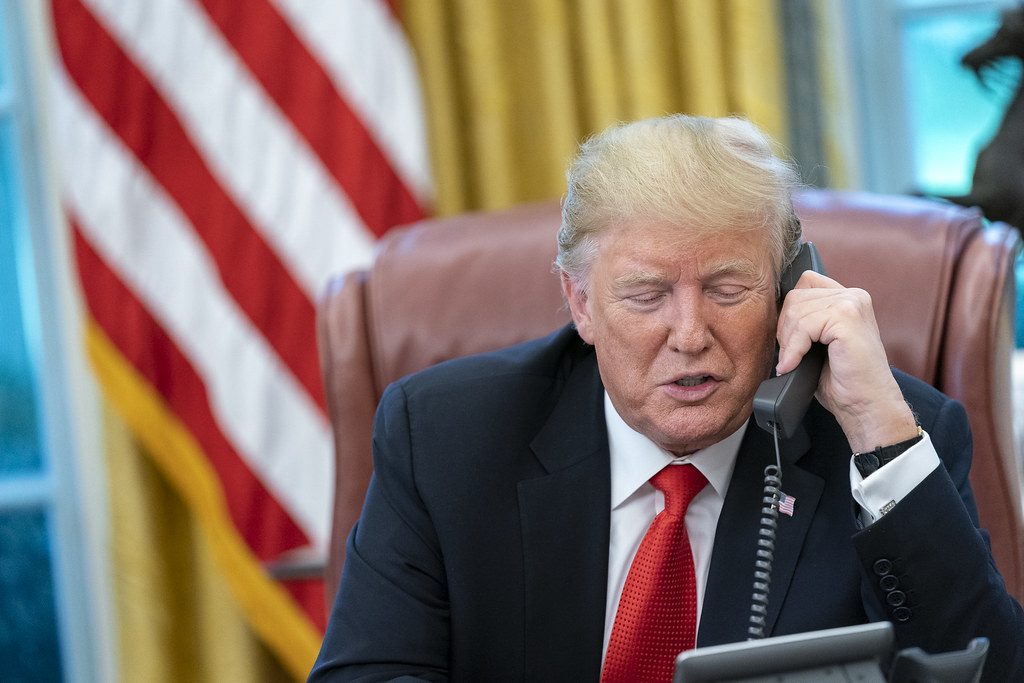Key Takeaways
• President Trump wants to tweak the TikTok algorithm to match his MAGA ethos
• A $14 billion deal gives U.S. investors 80 percent ownership and stops a ban
• Critics warn of politicized content, free speech threats, and security risks
Trump Proposes TikTok Algorithm Changes
Former President Trump has suggested altering the TikTok algorithm to favor content that fits his MAGA vision. He spoke about this idea as part of a $14 billion deal. Under the plan, U.S. investors would own 80 percent of the app. This deal also separates TikTok from its Chinese parent, ByteDance, and avoids a possible U.S. ban.
Background of the Deal
Earlier this year, the government pushed for TikTok to cut ties with ByteDance. They worried that user data could go to Beijing. As a result, executives hammered out a deal worth $14 billion. Under this deal, U.S. investors would hold 80 percent, while ByteDance would keep 20 percent. In theory, this split shields user data from Chinese control. Yet it also brings fresh debates about who controls what people see online.
Why the TikTok Algorithm Proposal Raises Concerns
Trump’s call to tweak the TikTok algorithm has sparked serious worries. First, he said the feed should push MAGA-friendly videos more often. Then, he added that dissenting views might appear less. Critics argue that this suggestion crosses a dangerous line. They say government influence on any algorithm threatens free speech and fair debate.
Moreover, social media firms usually promise neutral feeds. They design the TikTok algorithm to learn from user behavior. It then serves videos that match personal tastes. If officials start tapping the controls, that promise fades. Suddenly, content could become a tool for political sway.
Possible Impact on Free Speech and Security
Some experts highlight that changing the TikTok algorithm for political aims could chill free speech. For instance, creators might feel pressure to avoid certain topics. Meanwhile, users might doubt whether what they see reflects honest trends or government direction. Since algorithms decide what goes viral, influence over them equals power to shape public opinion.
Furthermore, this idea raises fresh security questions. Supporters of the deal say U.S. management reduces data risks. Yet, giving politicians a say in content curation poses a different threat. It could lead to censorship or unfair promotion of specific views. In that sense, the line between security and propaganda blurs.
How the TikTok algorithm handles privacy is still a hot topic. However, now the debate extends to who can tweak that algorithm. If future leaders daemand more changes, social media might lose its independent edge. That could affect not only politics, but also culture and commerce.
What Happens Next?
First, regulators must approve the $14 billion deal. The Committee on Foreign Investment in the United States is reviewing the terms. It will assess whether the agreement truly separates TikTok’s U.S. arm from Chinese influence. Meanwhile, lawmakers in Congress are also watching closely. Some call for stricter guardrails on algorithm control.
Next, TikTok’s new board of directors will set policy. They might face pressure from both sides. On one hand, they need to prove data is safe from Beijing. On the other, they must defend against domestic political meddling. Striking a balance will be tricky.
Finally, users will decide where to turn. If they suspect biased feeds, they could migrate to other platforms. Already, some teens say they might switch apps if the TikTok algorithm feels rigged. Others say they’ll stick around but watch more critically. Either way, TikTok’s popularity could waver.
Moreover, this episode may set a precedent. Other countries might follow suit and demand control over social media feeds. In that case, the principle of an open internet might weaken worldwide.
Key Takeaways for Users
• Watch your feed with a critical eye. Know that algorithms shape what you see.
• Remember that content can serve political goals if the algorithm shifts.
• Stay informed about changes in ownership and policy at your favorite platforms.
• Speak up if you feel your voice is being sidelined online. Platforms thrive on user trust.
Frequently Asked Questions
What exactly is the TikTok algorithm and why does it matter?
The TikTok algorithm studies what you watch, like, and share. Then it shows more content you might enjoy. It matters because it decides which videos go viral.
Could changing the TikTok algorithm really affect free speech?
Yes. If politicians control what you see, they could hide dissenting views. That risks fair debate and open dialogue.
Does the $14 billion deal stop all Chinese influence?
Not completely. ByteDance keeps a 20 percent stake. Yet U.S. investors will own most of TikTok’s U.S. operation. Regulators will check if this split truly limits data access.
How can users protect themselves from biased feeds?
Stay aware of how algorithms work. Seek news from multiple sources. Give feedback to platforms when you spot unfair trends.
